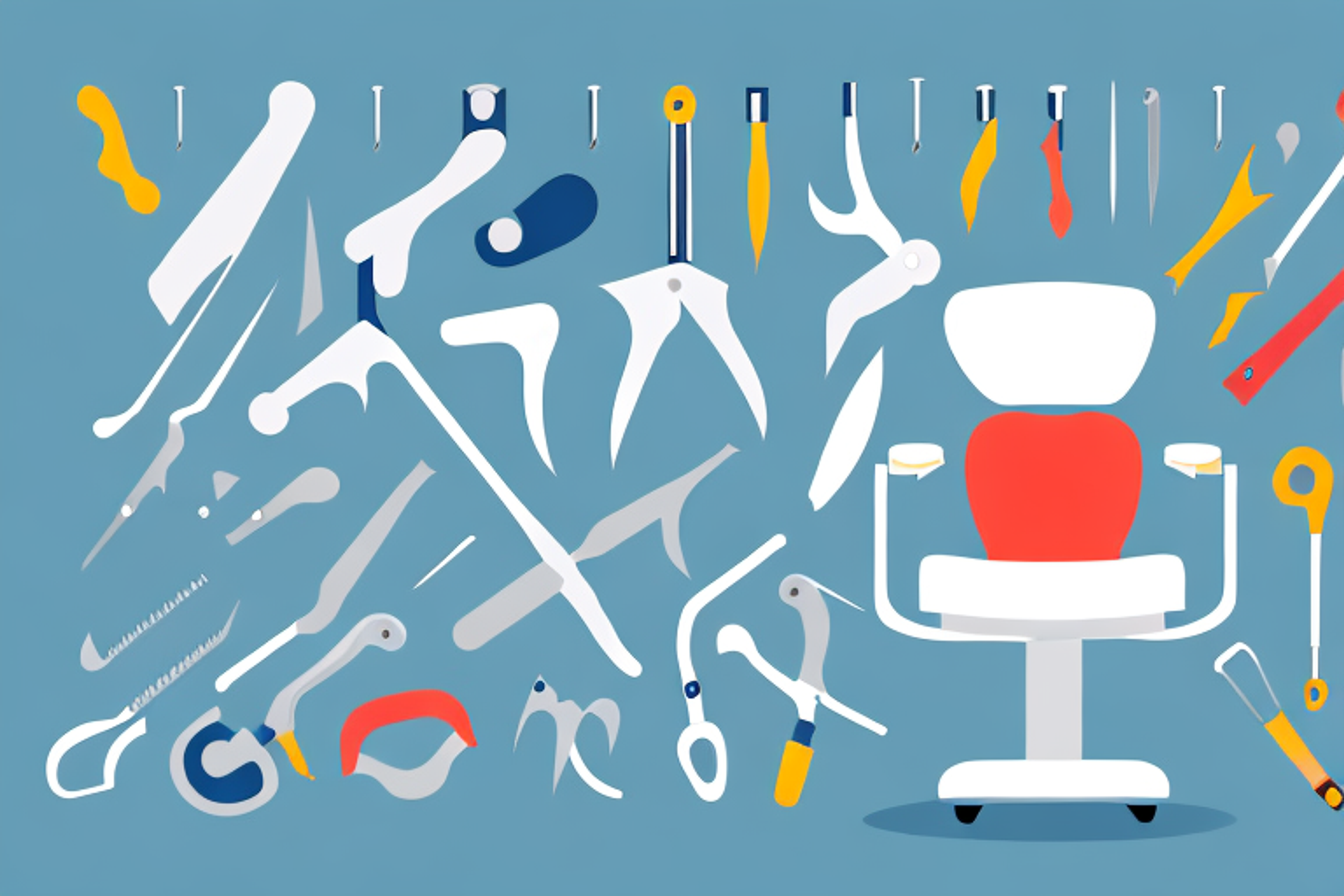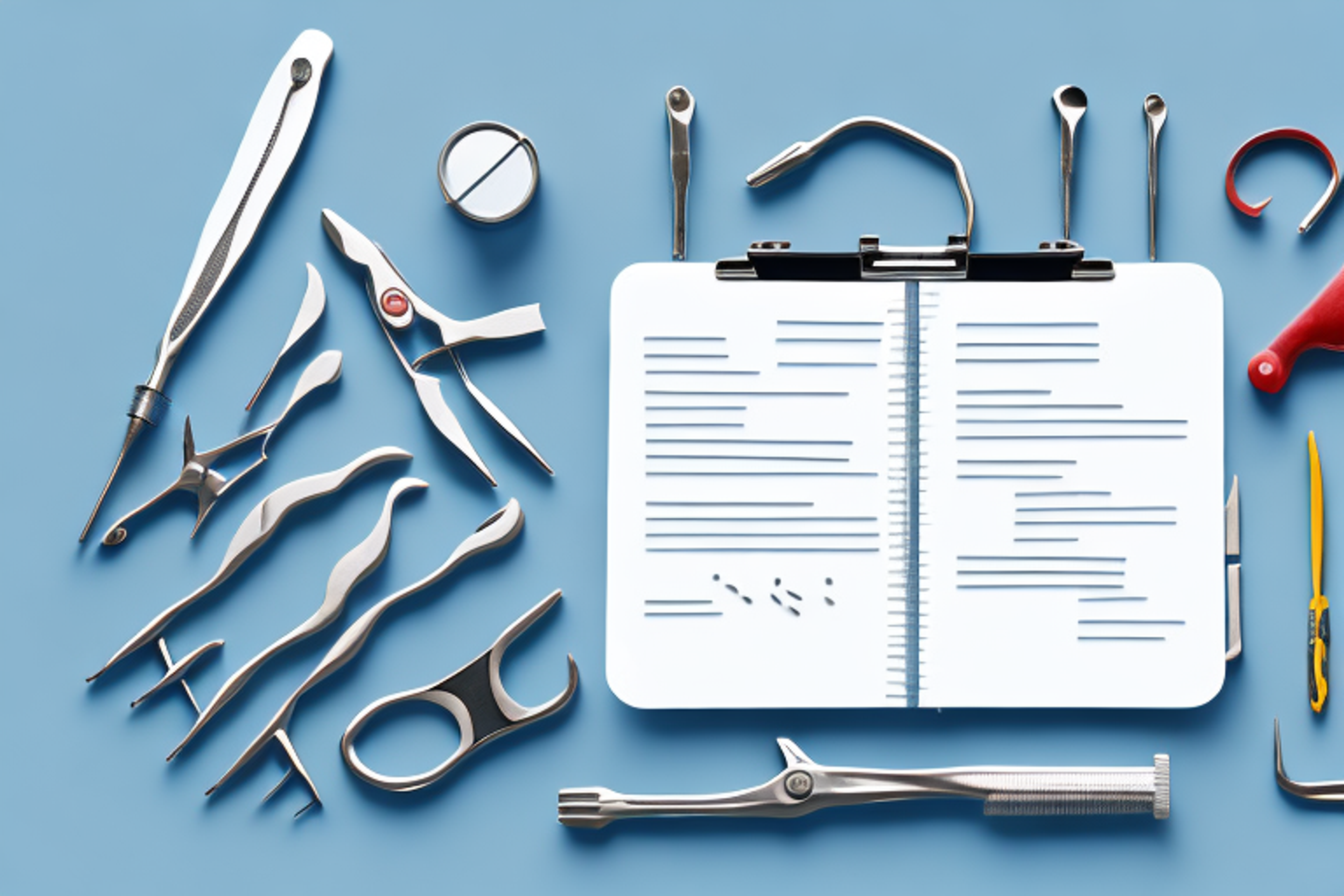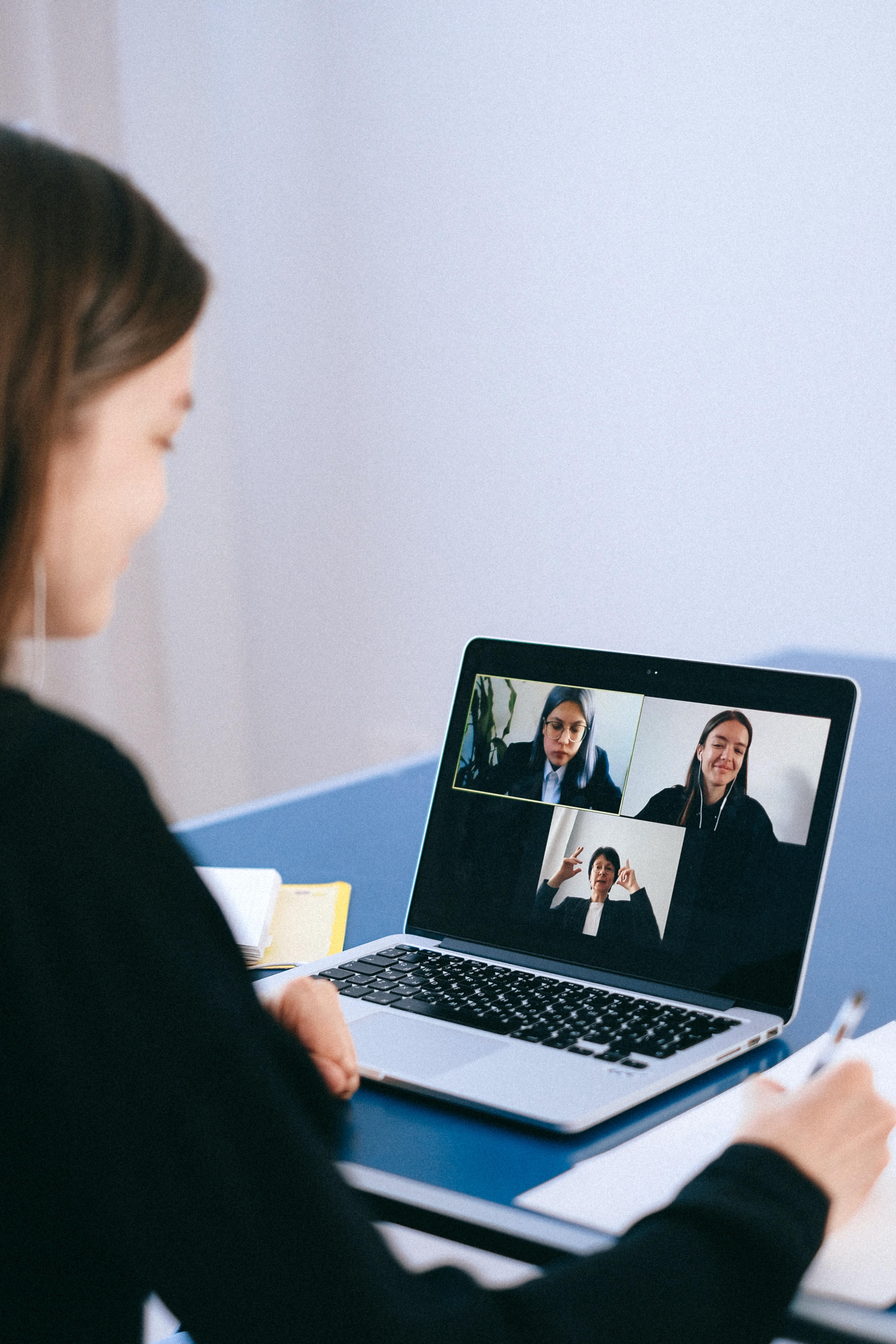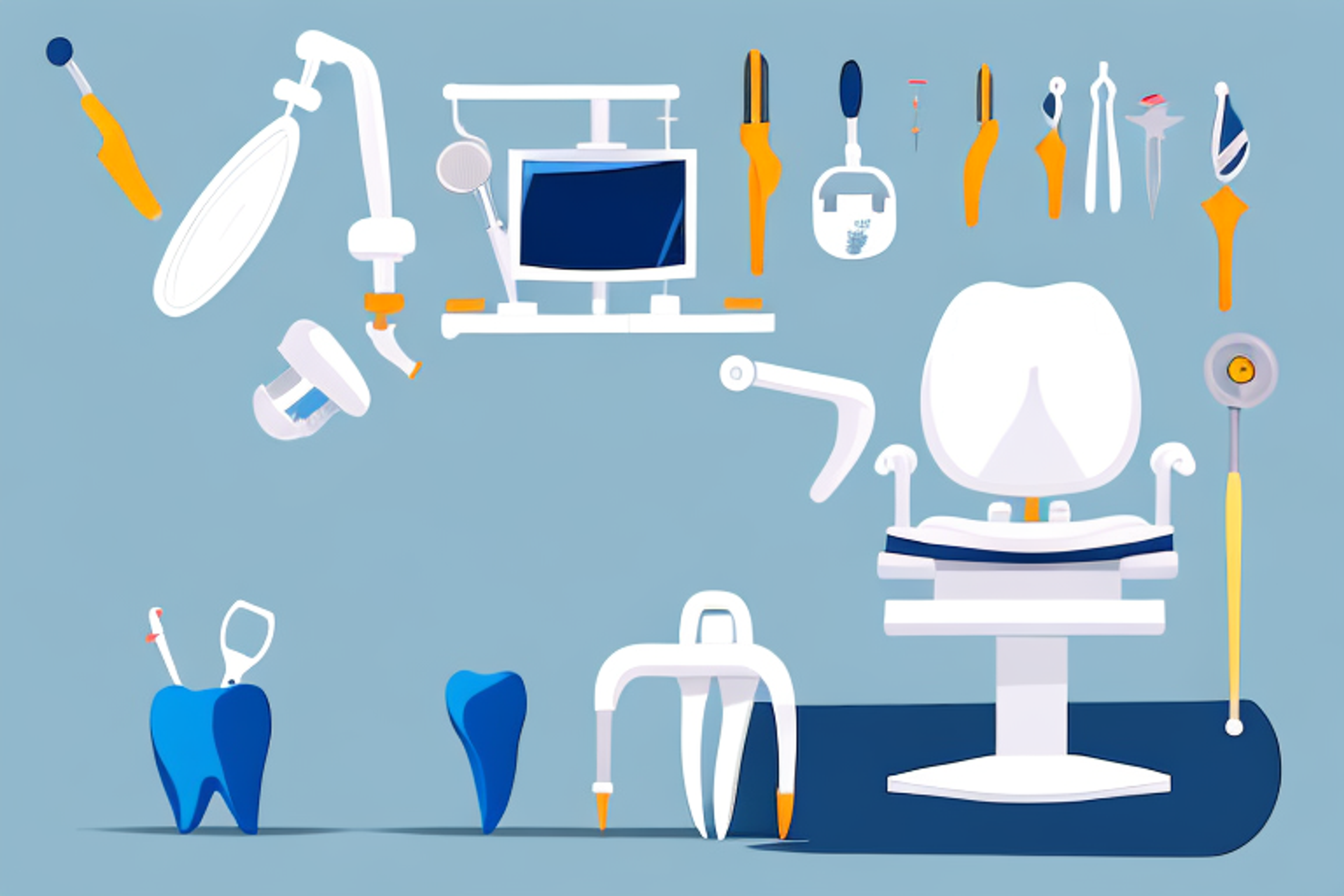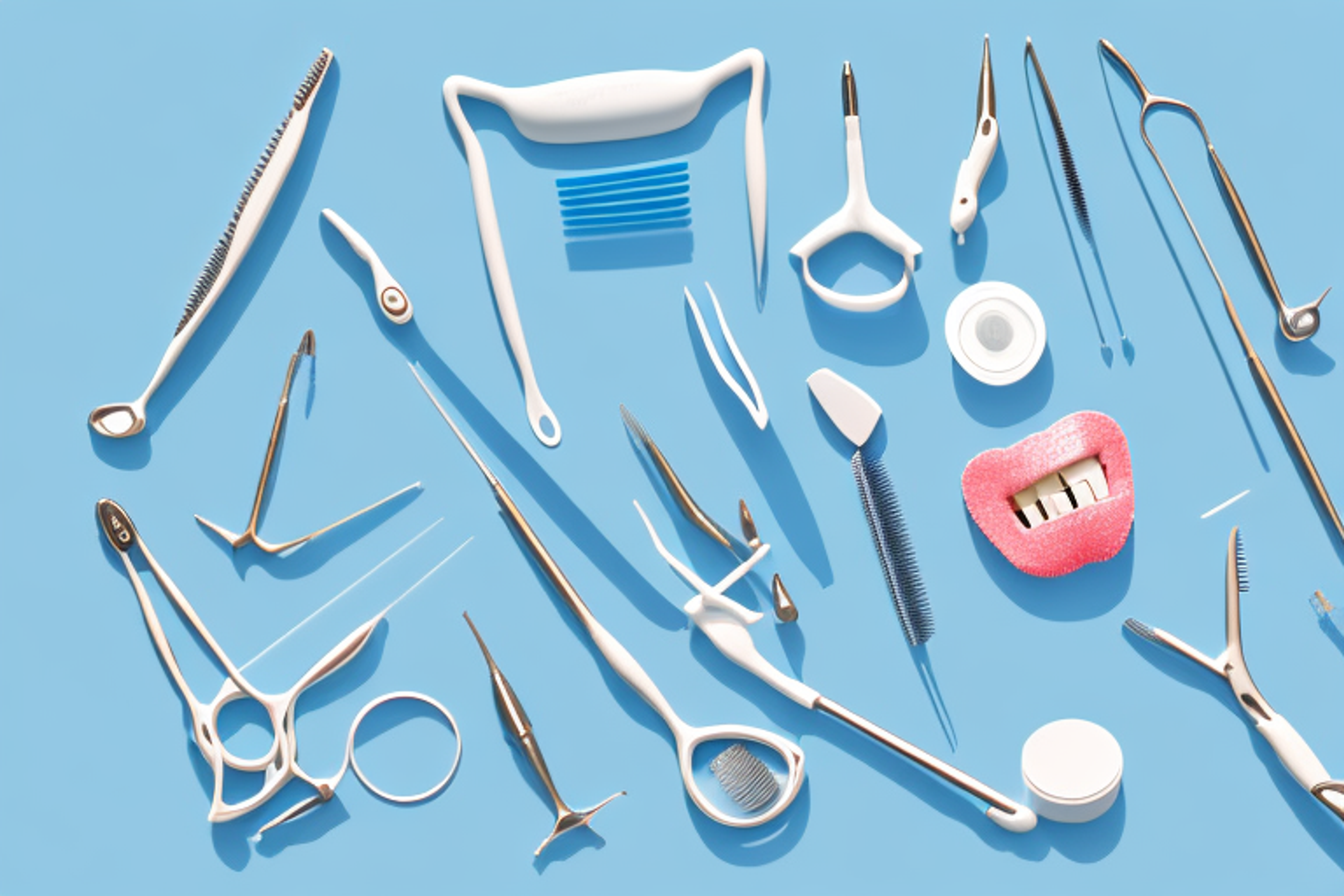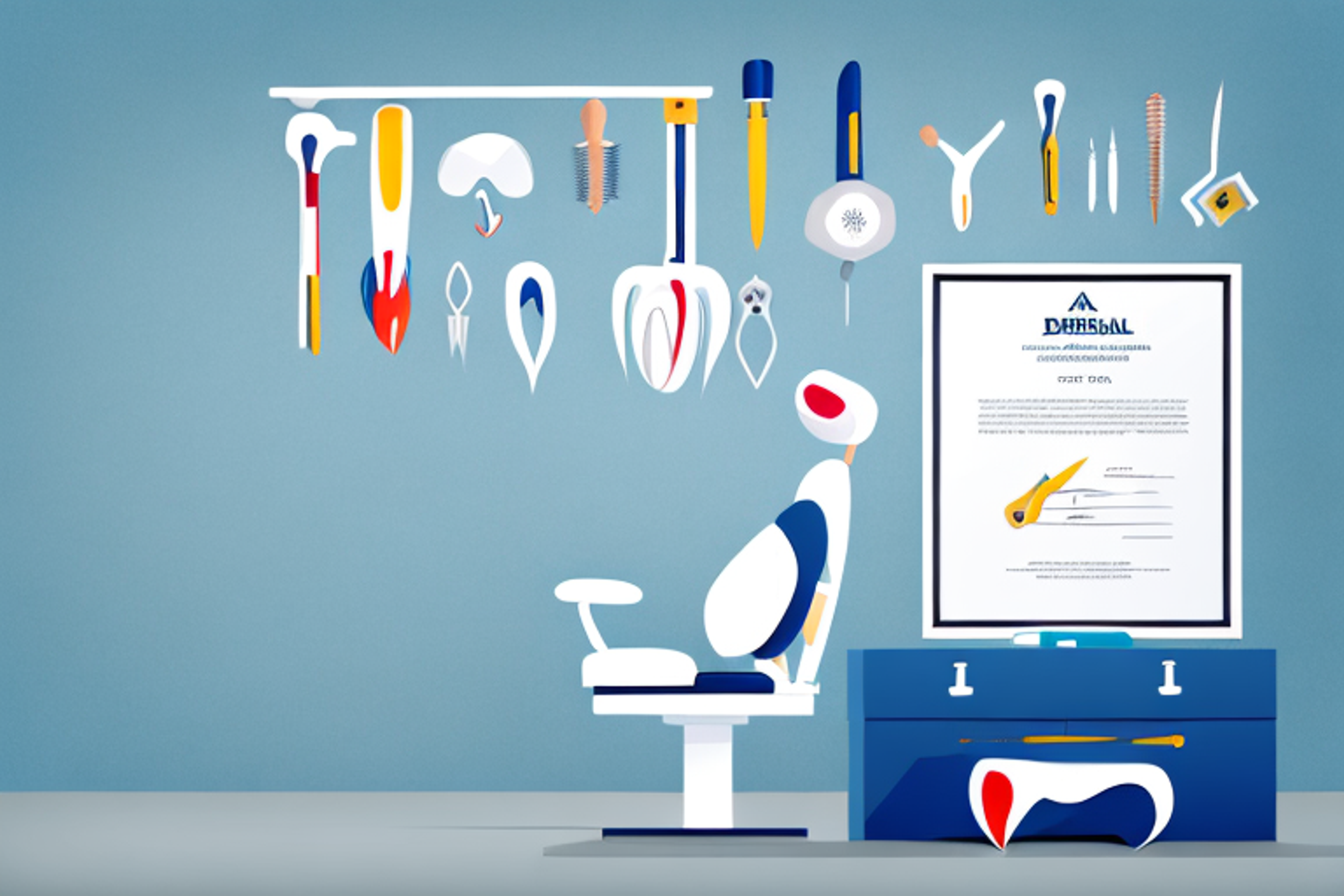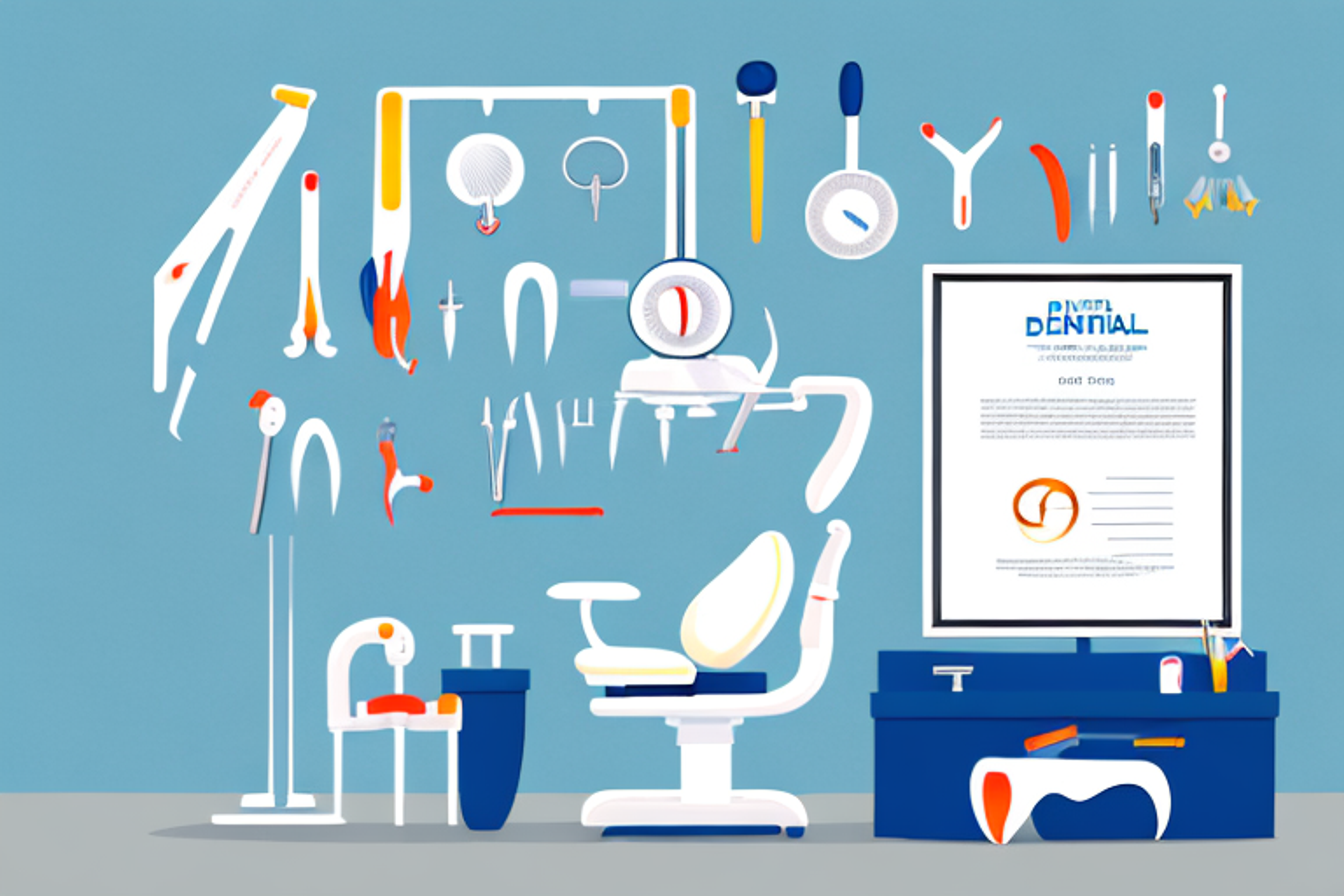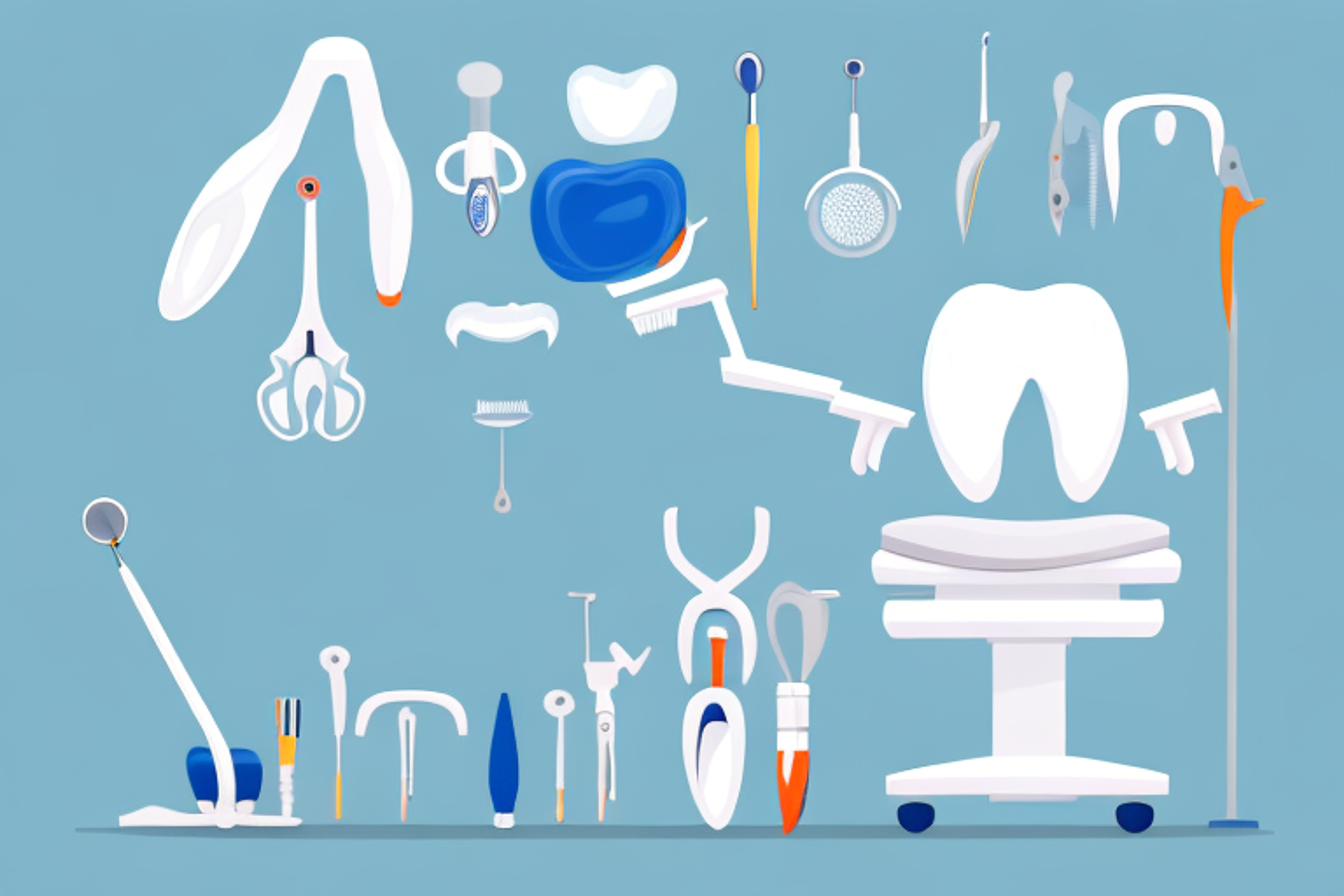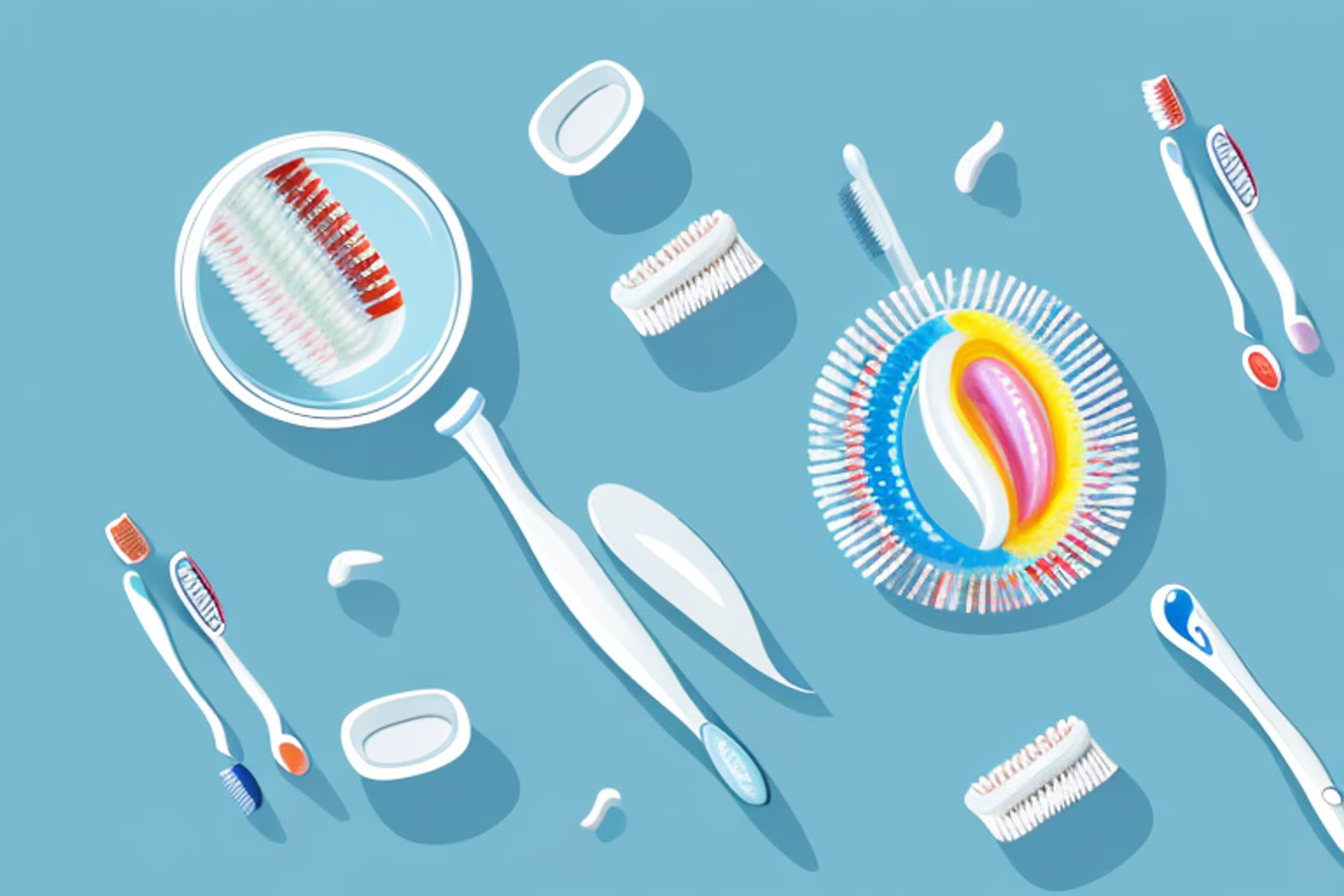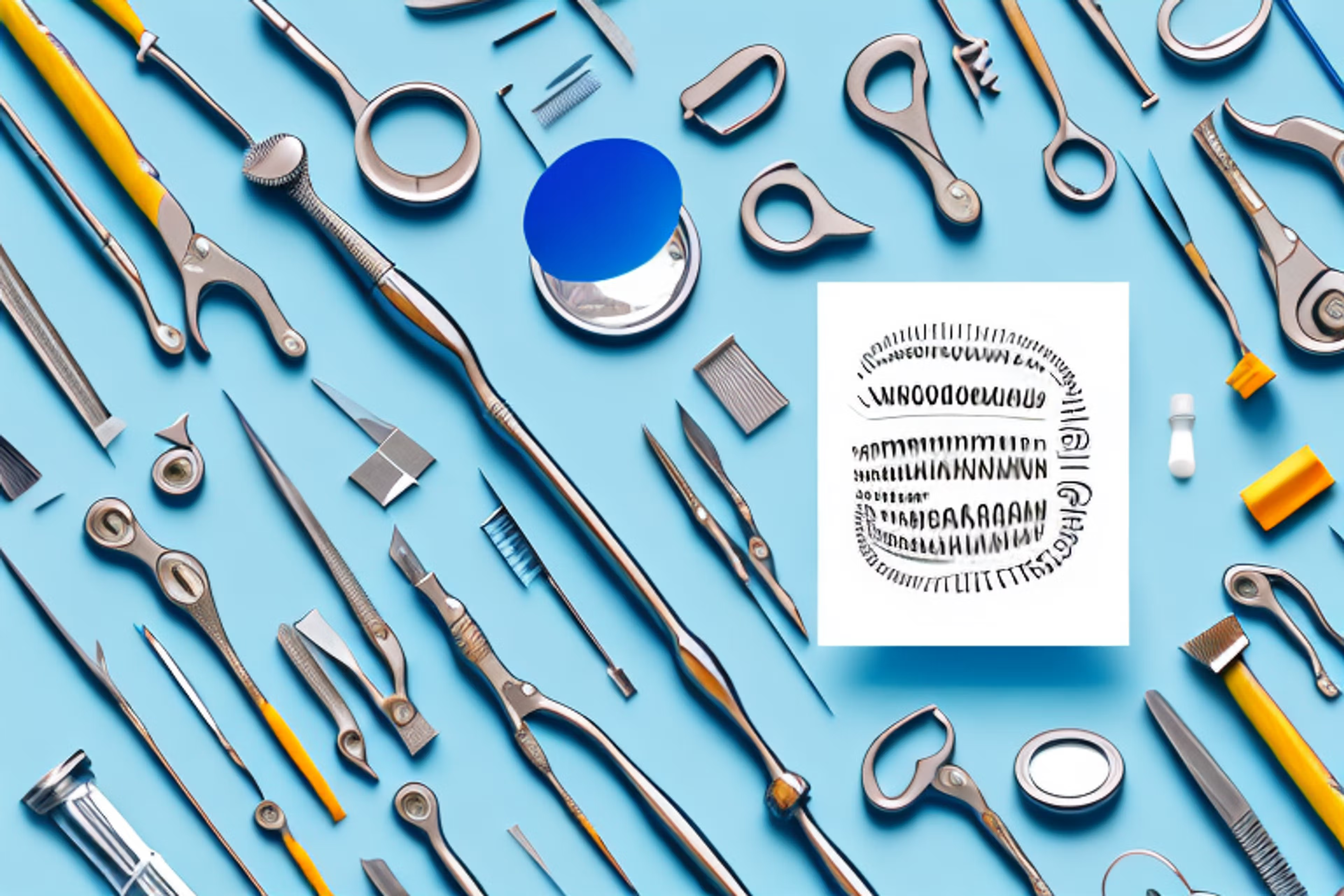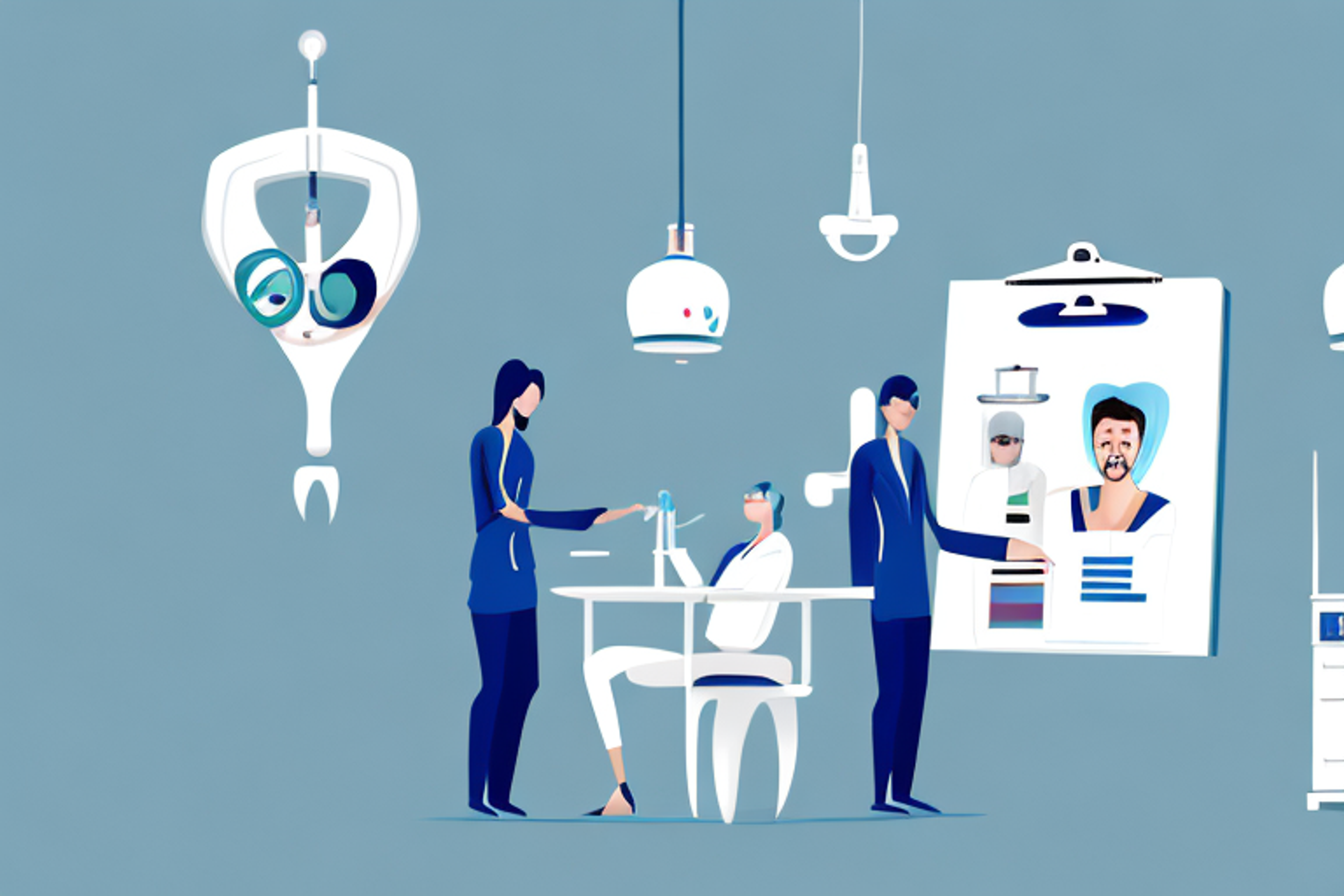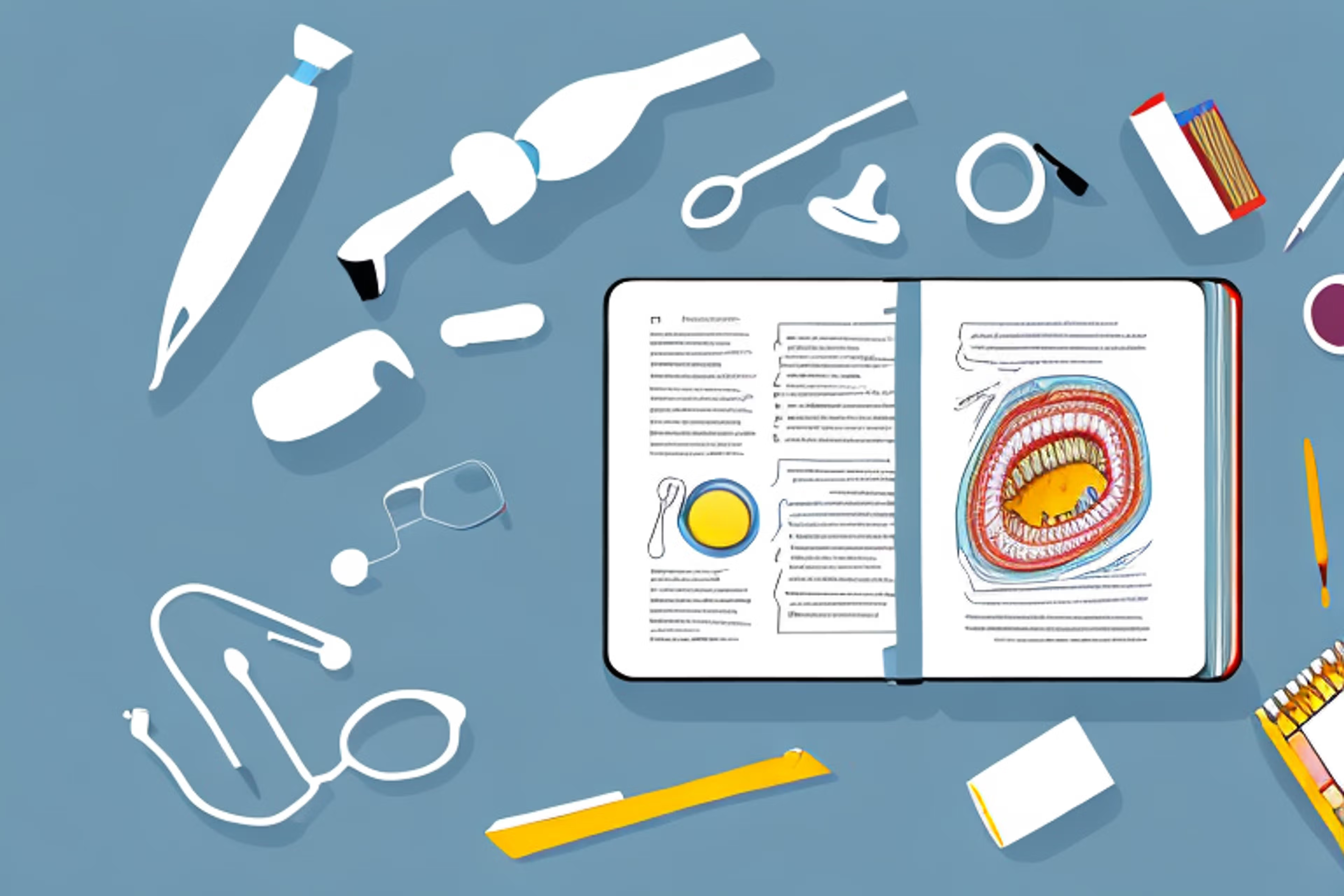How to Nail the University of Buffalo School of Dental Medicine Application Interview
Are you preparing for your University of Buffalo School of Dental Medicine application interview? Look no further! Our comprehensive guide provides tips and strategies to help you nail your interview and stand out from the competition.
Posted March 6, 2025
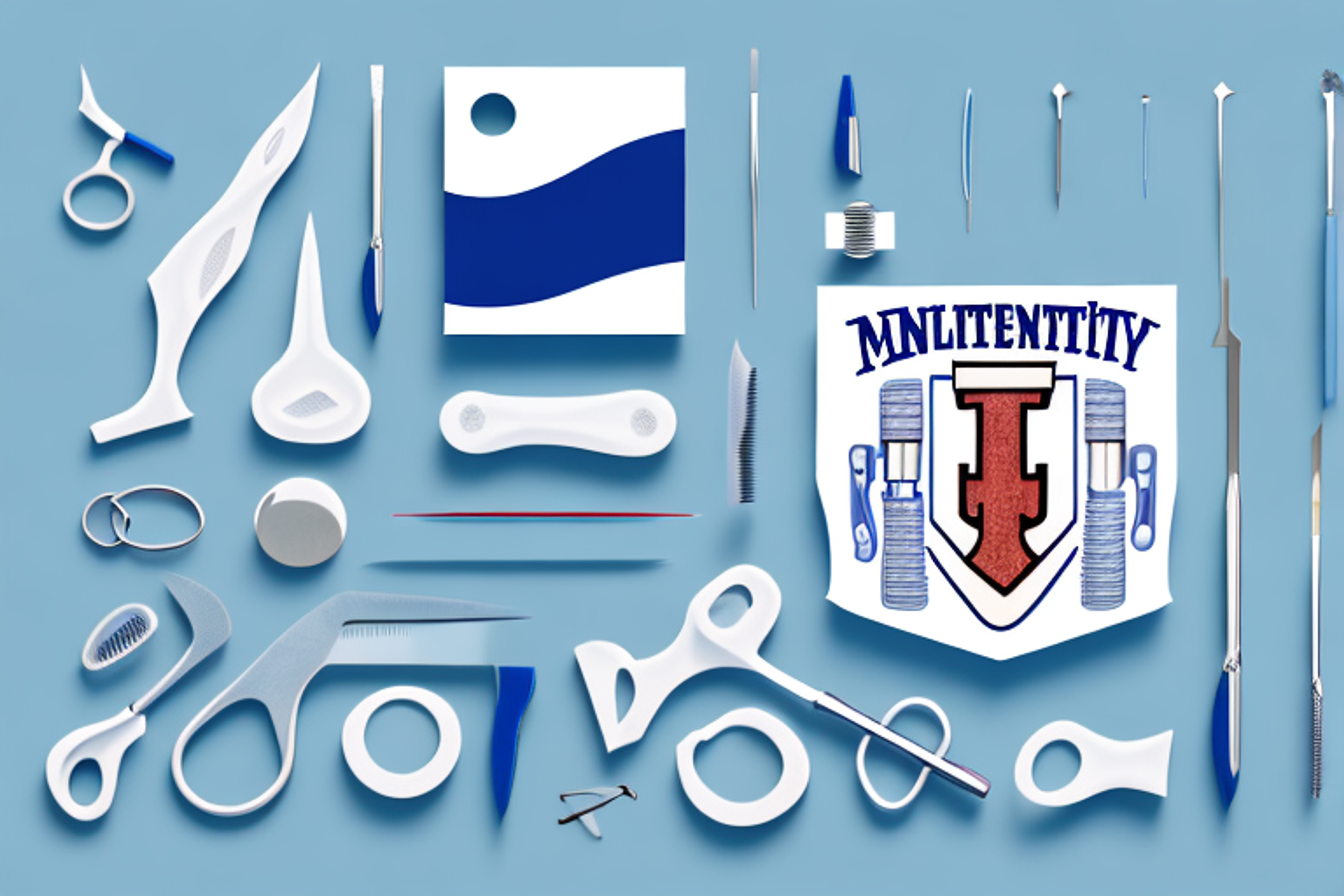
Table of Contents
If you are applying for the University of Buffalo School of Dental Medicine, you know that you need to nail your interview to be accepted into the program. While the thought of the interview can be daunting, the good news is that with the right preparation and mindset, you can knock it out of the park. In this article, we will cover everything you need to know to prepare for and master the UB Dental School interview process.
Preparing for the Interview: Tips and Tricks to Get You Ready
The key to acing the UB Dental School interview is preparation. Start by researching the school and the program thoroughly. Look at their website, read up on the professors and their areas of expertise, and familiarize yourself with the curriculum. This will not only give you confidence, but it will also help you to be better prepared for the questions that interviewers may ask.
Next, practice your interview skills. You can do this by conducting mock interviews with friends, family members, or a mentor. This will help you to get comfortable answering questions on the spot, to structure your responses effectively, and to come across as confident and articulate. Also, consider recording yourself during these mock interviews to watch later and identify areas for improvement.
Another important aspect of preparing for the UB Dental School interview is to dress appropriately. Dressing professionally will not only make you look good, but it will also help you to feel more confident and prepared. Make sure your clothes are clean, ironed, and fit well. Avoid wearing anything too flashy or distracting, and opt for neutral colors and conservative styles.
Understanding the Interview Structure and Format
The UB Dental School interview process typically consists of two interviews: one with a faculty member and one with a current dental student. The interviews are conducted on separate days and are both around 20 minutes long. The format of the interviews is typically a mix of general, behavioral, and ethical questions.
It is important to note that the interviewers are not only evaluating your responses to their questions, but also your overall demeanor and professionalism. They will be looking for qualities such as good communication skills, empathy, and a strong work ethic. It is also a good idea to research the school and its values beforehand, as this can help you tailor your responses to align with their mission and goals.
Top 10 Most Common Interview Questions and How to Answer Them
While each interview may vary, there are several common questions that UB Dental School interviewers tend to ask:
- Why do you want to be a dentist?
- Tell me about a time when you had to handle a difficult situation.
- What are your top strengths and weaknesses?
- Why did you choose UB Dental School?
- How do you intend to finance your education?
- What do you think is the most pressing issue in dentistry today?
- Tell me about a time when you had to work on a team with people from different backgrounds.
- Discuss a current event that has impacted dentistry.
- What are your long-term goals?
- What do you think makes you a good fit for the program?
The key to answering these questions is to be specific and detailed. Use examples from your past experiences to illustrate your strengths, weaknesses, problem-solving skills, and passion for dentistry. Show the interviewers that you have done your research on the school and program and that you are a good match for what UB Dental School has to offer.
It is important to remember that the interview is not just about answering questions, but also about asking them. Come prepared with questions about the program, the faculty, and the student experience. This shows that you are genuinely interested in the school and have taken the time to learn about it. Additionally, be sure to dress professionally and arrive early to the interview to show that you are responsible and respectful of the interviewer's time.
The Importance of Researching the University of Buffalo School of Dental Medicine Before the Interview
As mentioned earlier, researching the University of Buffalo School of Dental Medicine before your interview is crucial. Not only will it help you feel more comfortable, but it will also allow you to ask informed questions about the school and program. In addition, demonstrating knowledge about the school and program shows your interest and dedication to becoming a student there.
Furthermore, researching the University of Buffalo School of Dental Medicine can also help you prepare for the interview questions. By understanding the school's values, mission, and goals, you can tailor your answers to align with what the school is looking for in a candidate. Additionally, researching the faculty and their areas of expertise can help you identify potential mentors and research opportunities.
Dressing for Success: What to Wear to Impress the Interviewer
First impressions matter. It is important to dress professionally and appropriately for your interview. This means wearing business attire and neat, clean, well-groomed hair and nails. You want to look your best and show that you take the interview seriously.
When choosing your outfit, it is important to research the company culture and dress code. Some companies may have a more casual dress code, while others may require more formal attire. You can usually find this information on the company's website or by asking the recruiter or hiring manager.
It is also important to pay attention to the details. Make sure your clothes are ironed and free of wrinkles, your shoes are polished, and your accessories are minimal and tasteful. Avoid wearing strong perfumes or colognes, as they can be distracting or even offensive to some people.
Body Language and Non-Verbal Communication Tips for a Successful Interview
In addition to dressing well, it is important to pay attention to your body language and non-verbal communication. Maintain good eye contact, sit up straight, and avoid fidgeting or slouching. Be aware of your facial expressions and tone of voice. Smile, be friendly, and show enthusiasm for the program.
Strategies for Handling Nerves and Anxiety During the Interview
It is normal to feel nervous before and during your interview. One way to combat nerves is to practice relaxation techniques such as deep breathing or visualization. Also, remember that the interviewers want you to succeed. They are not there to trick you or trip you up. Stay positive, stay focused, and trust in yourself.
The Role of Your Personal Statement in the Application Process and How It Relates to the Interview
Your personal statement is an important part of your application to the UB Dental School. It gives the admissions committee a sense of who you are and why you are interested in dentistry. During your interview, be prepared to expand on your personal statement and give more specific examples of your motivation, experiences, and goals.
What to Bring with You to the Interview and What Not to Bring
On the day of your interview, make sure you bring the necessary items, such as a pen, paper, and any documents requested by the school. Leave your phone or other distracting devices at home or in the car. Also, do not bring food or drinks into the interview room.
How to Follow Up After the Interview: Best Practices for Showing Your Continued Interest in the Program
After your interview, send a thank-you note or email expressing your gratitude for the opportunity to interview. Reiterate your interest in the program and let them know that you are eagerly awaiting their decision. Also, be patient and wait for a response before reaching out again.
Common Mistakes Applicants Make During Dental School Interviews and How to Avoid Them
One common mistake that applicants make is not adequately preparing for the interview. Do your research, practice answering questions, and dress appropriately. Another mistake is being too vague or generic in your responses. Use specific examples and show yourself as a unique candidate. Finally, be sure to arrive on time and be respectful to everyone you meet during the interview process.
Examples of Successful Interviews: Insights from Past UB Dental School Applicants
It can be helpful to learn from the experiences of past successful applicants. Ask for advice from friends, mentors, or UB Dental School alumni. You can also connect with current students through social media or email to ask for their insights and tips on how to succeed in the interview process.
Tips on Answering Ethical Dilemma Questions During a Dental School Interview
One type of question that may come up in the UB Dental School interview is an ethical dilemma question. These are questions that ask you to describe how you would handle a difficult situation involving ethics or morals. When answering these questions, take your time, consider all stakeholders, and explain your reasoning fully.
The Role of Social Media in Dental School Admissions: What You Need to Know
Finally, be aware of your social media presence. More and more schools are using social media as a tool to evaluate applicants. Make sure your accounts are professional and appropriate and that you do not share anything that could be seen as offensive or questionable.
In conclusion, nailing the UB Dental School application interview requires preparation, confidence, and a positive attitude. By following the tips and advice outlined above, you can maximize your chances of success and go into your interview feeling calm, prepared, and ready to impress. Good luck!
